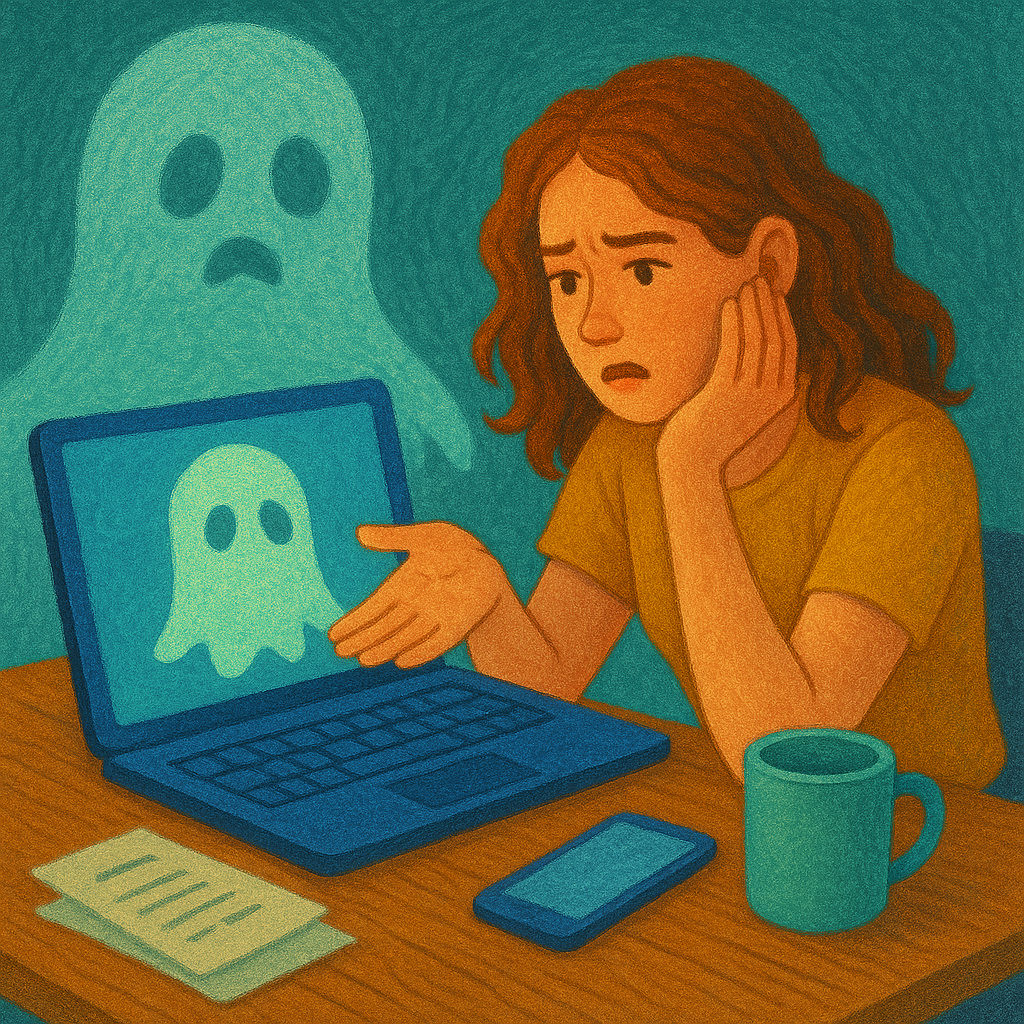Financial Ghosting: Navigating Unpaid Side-Gig Work
In today’s gig economy, many individuals turn to side-gigs to supplement their income. However, a growing issue has surfaced: financial ghosting. This phenomenon occurs when clients or companies fail to pay for completed work, leaving freelancers and side-gig workers in a lurch. In this article, we will explore how to recognize the signs of financial ghosting, share strategies to avoid it, and provide tips for ensuring you get paid for your hard work.
Understanding Financial Ghosting
Financial ghosting can take many forms. It may involve clients who go silent after receiving work, companies that refuse to pay invoices, or even those who simply disappear after promising compensation. For many freelancers, this can not only lead to financial strain but also emotional distress.
Why Do Clients Ghost?
Clients may ghost for several reasons, including:
- Lack of funds: Sometimes, clients might overcommit to projects without the necessary budget.
- Poor communication: Misunderstandings can lead to clients believing they don’t owe payment.
- Fraudulent behavior: Unfortunately, some individuals intentionally exploit freelancers by refusing to pay.
Recognizing the Signs of Financial Ghosting
Identifying early warning signs can help you protect yourself from being ghosted. Here are a few indicators to watch for:
Delayed Responses
If a client suddenly becomes unresponsive or takes longer than usual to reply, this can be a red flag. Communication is key in any working relationship, and a lack of updates can signal trouble.
Repeated Payment Delays
Frequent excuses regarding payment timelines can indicate a client may not prioritize paying you. If a client has a history of delayed payments, it’s worth considering your next steps.
Vague Contracts
Contracts that lack clarity on payment terms can lead to disputes. Always ensure your agreements are detailed and specific about payment schedules and deliverables.
How to Avoid Being Ghosted
While you can’t control other people’s behavior, you can take proactive steps to minimize the risk of financial ghosting.
1. Set Clear Expectations
Before starting any project, outline the expectations in a contract. Include payment terms, deadlines, and the scope of work to prevent misunderstandings. Clear agreements provide both parties with a framework to follow.
2. Request a Deposit
Asking for a deposit before commencing work can help mitigate the risk of ghosting. A deposit shows the client’s commitment and provides you with some financial security.
3. Use Professional Invoicing Tools
Utilizing professional invoicing platforms can help streamline your payment process. These tools often come with features like automatic reminders for overdue payments, which can prompt clients to pay on time.
Dealing with Financial Ghosting
If you find yourself in a situation where you have been ghosted, consider the following steps:
1. Reach Out Professionally
Send a polite email to the client reminding them of the outstanding payment. Sometimes, clients may have simply forgotten or mismanaged their finances.
2. Document Everything
Keep records of all communications, agreements, and invoices. Having a paper trail can be invaluable if you need to escalate the situation.
3. Consider Legal Action
If all else fails and the amount owed is significant, you might need to consider pursuing legal action. Consult with a legal professional to discuss your options.
Building Trust with Clients
Establishing a trustworthy relationship with clients can significantly reduce the chances of being ghosted. Here are some techniques to foster trust:
1. Communicate Regularly
Maintain open lines of communication throughout the project. Regular updates can reassure clients that you are committed and on track.
2. Be Transparent About Your Process
Sharing your workflow and timelines can help clients understand the value of your work, leading to fewer disputes over payment.
3. Build a Portfolio
A solid portfolio can attract reliable clients. Showcasing your best work can help you stand out and establish credibility in your field. For more on building an effective portfolio, visit our tech hub.
Utilizing Resources and Support
Freelancers and side-gig workers can benefit from various resources to help manage their work and finances.
1. Join Freelance Communities
Networking with other freelancers can provide support and insights into avoiding common pitfalls. Online forums and local meetups can also offer valuable advice.
2. Financial Management Tools
Consider using financial management software to track your income and expenses. Tools like QuickBooks or FreshBooks can help you manage your finances effectively.
When to Walk Away
In some situations, it may be best to cut your losses and move on. If a client continues to delay payments despite reminders, it may be time to reconsider your working relationship.
1. Assess the Value of Your Time
Your time is valuable. If a client is consistently problematic, it may be worth seeking out new opportunities that respect your work.
2. Trust Your Instincts
Trust your gut feelings about clients. If something feels off, it’s essential to listen to those instincts.
Conclusion
Financial ghosting is a challenge that many freelancers face, but by implementing clear contracts, establishing open communication, and knowing when to walk away, you can protect yourself from unpaid work. Remember, you deserve to be compensated for your efforts. For more insights on managing your finances and work, visit our wellness hub.
Call to Action
If you’ve experienced financial ghosting or have tips to share, join the conversation in the comments below. Let’s work together to create a more equitable gig economy!
